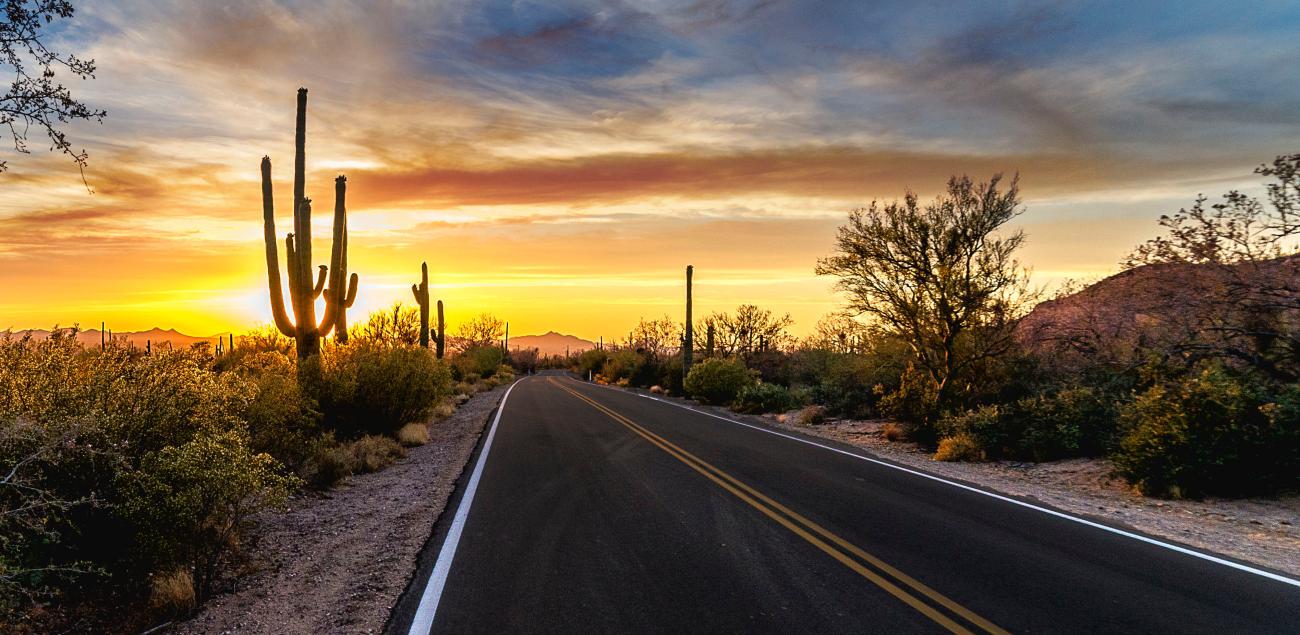
SW-IFL Interdisciplinary Design Challenge
Innovative and resilient transit infrastructure
for the Arizona urban corridor
Congratulations to our winners!
1st Place
Reimagining a Phoenix Transit Stop: Creating a Purposeful Destination Beyond the Ride
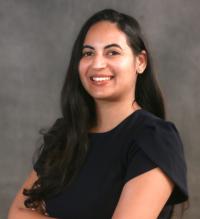
Rababe Saadaoui
University affiliation: PhD Candidate at Arizona State University | School of Geographical Sciences & Urban Planning
Degree program: Urban Planning, 4th year

Joseph Karanja
University affiliation: PhD Candidate at Arizona State University | School of Geographical Sciences & Urban Planning
Degree program: GIS, 4th year
Honorable Mention:
Retrofitting in a Climate of Change
Linus Friedman
University affiliation: Undergraduate at University of Arizona | College of Architecture, Planning and Landscape Architecture
Degree program: Sustainable Built Environments & German Studies, Junior year

Click here to see the winning participants' posters
We'd like to graciously acknowledge the ongoing support of the jurors and sponsors whose generous donation of time, attention, and resources made this competition possible.
SW-IFL Research Info Session Recordings
Presenter | Topic | |
| Kenneth Kokroko, University of Arizona | Kickoff Meeting |
Presenters | Topics | Presentation Slides |
| Ladd Keith, University of Arizona | Planning for extreme heat in Arizona's urban corridor | |
| Joshua New, Oak Ridge National Laboratory | Automatic Building Energy Modeling (AutoBEM) and environmental risk |
Click here to access the Session recording
Presenters | Topics | Presentation Slides |
| Kristina Curran, University of Arizona | Cool pavements and resilient solutions in action | |
| Davita Mueller, University of Arizona, Sun Tran | What makes a comfortable transit stop? |
Click here to see the Session recording
Presenters | Topics | Presentation Slides |
| Malini Roy, University of Arizona | Climate change mitigation, adaptation, and multi-hazard planning in Arizona's urban corridor | |
| Mattheus Porto & James Wolfinbarger, Arizona State University | Active mobility, heat, and air quality in resilient infrastructure planning |
Click here to see the Session recording
Presenter | Topic | Presentation Slides |
| Jennifer Vanos, Arizona State University | Personal Exposure to Extreme Heat & Importance of Shade |
Click here to see the Session recording
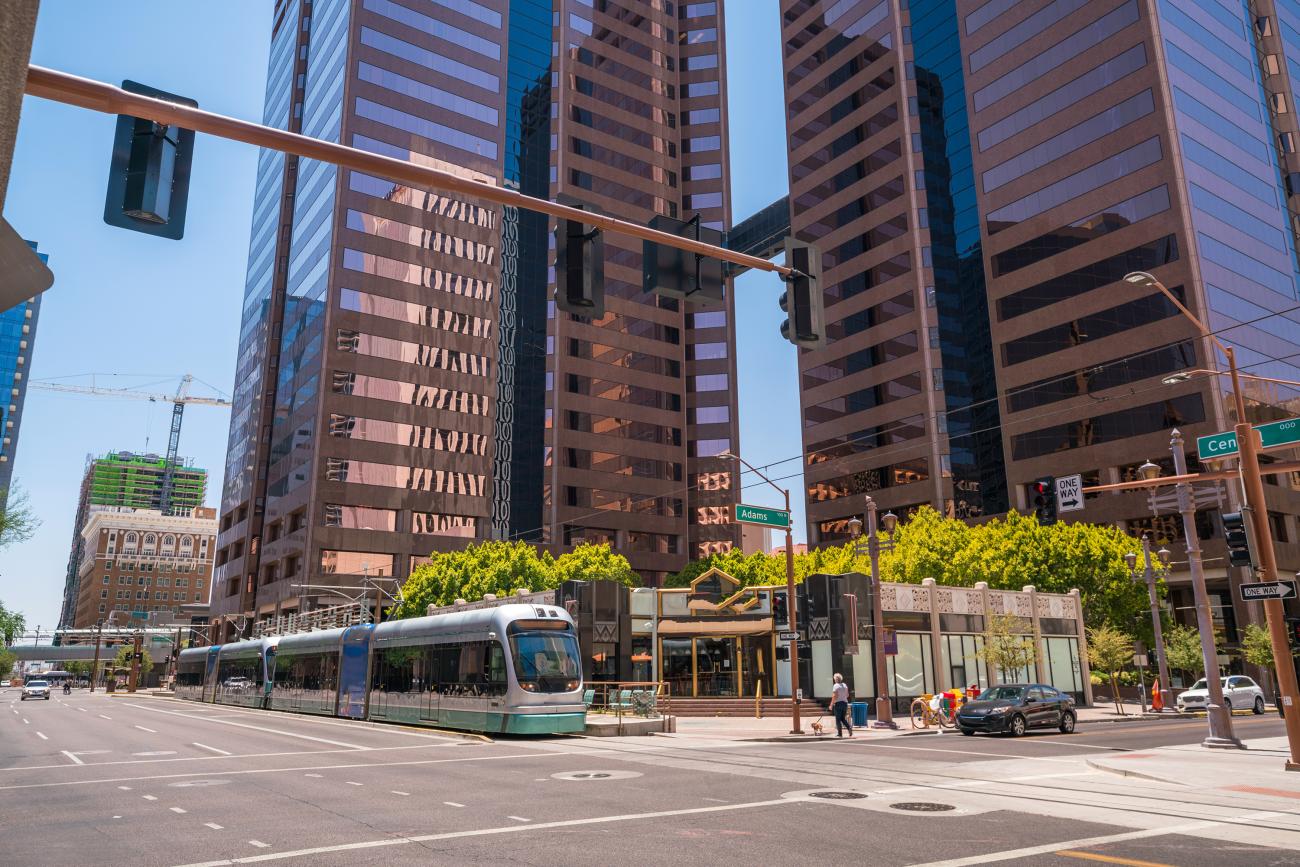
Purpose
The Southwest Urban Corridor Integrated Field Laboratory (SW-IFL) Interdisciplinary Design Challenge is an opportunity for students from the University of Arizona, Arizona State University, and Northern Arizona University to develop innovative and resilient design proposals for transit stop across the Arizona urban corridor.
The Challenge is focused on enhancing the functionality, aesthetics, and user experience of transit stops in our state, with an emphasis on heat resilience, improving accessibility, and integrating innovative technologies and nature-based solutions. Students will leverage scientific data and findings, generated by SW-IFL researchers, to inform their design proposals and will be advised by practitioners from architecture, landscape architecture, and engineering firms across Arizona.
Successful proposals will address current environmental concerns and anticipate and address the increasing impacts due to environmental change. Register today to reimagine the future of urban transit, where every stop becomes an opportunity for connection, comfort, and resilience.
Calendar
The competition will take place in stages, marked by presentations given by SW-IFL researchers, progress reviews given by experienced practitioners, and a final deadline. Please see the milestone dates and further information below:
SW-IFL Research Info Sessions:
- SW-IFL researchers will share data and research findings on topics including extreme heat, climate projections, air pollution, and resilient solutions to mitigate these issues.
- Three info sessions will be held during the month of November.
- Participant attendance at info sessions is not mandatory but is encouraged as incorporation of SW-IFL research will be judged favorably.
Progress Reviews:
- Participants can have their progress reviewed during "office hours" with practitioners from architercture, landscape architecture, and engineering firms across Arizona.
- Office hours will be held during the second week of January, February, and March 2025.
- Additional information about office hours will be provided after the registration deadline.
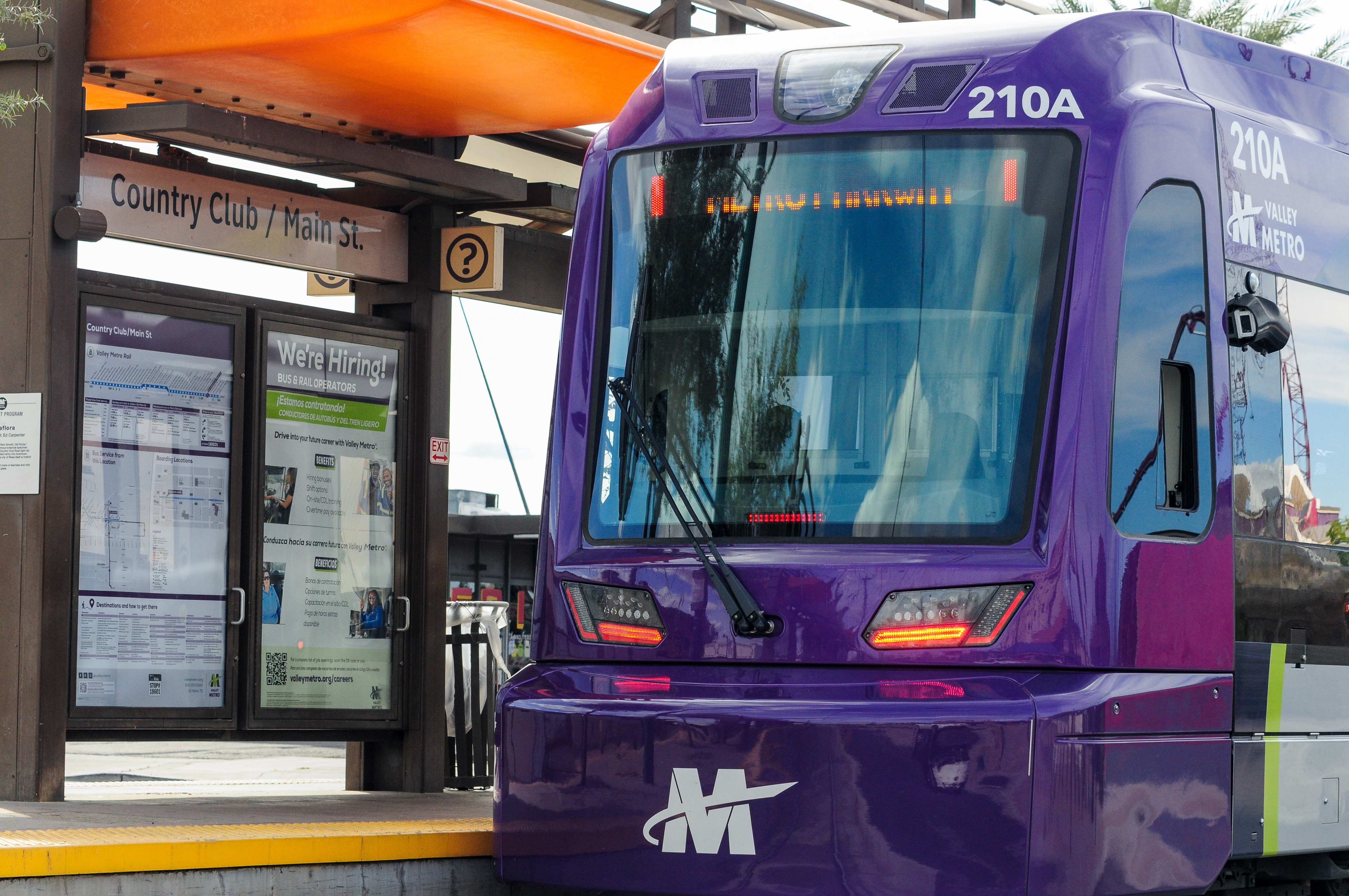
Announcement
Monday, October 21, 2024
Challenge Kickoff Meeting
Thursday, October 31, 2024, 12:00 pm MST
Registration Deadline
Monday, December 2, 2024; by 11:59 pm MST
Submissions Due
Sunday, April 6, 2025; by 11:59 pm MST
Winners Announced
Monday, April 21, 2025
Prizes
The top three (3) submissions will be featured on the SW-IFL website and will receive the following prizes:
- 1st Place: $2,000
- Honorable Mention: $500
- Honorable Mention: $500
Prizes for top submissions have been generously supported through gifts from these sponsors:

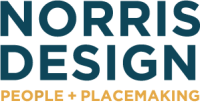
Norris Design
Norris Design - Flagstaff
3 East Aspen Ave., Ste. 260
Flagstaff, AZ. 86001
928.233.3021
Norris Design - Phoenix
901 E. Madison St.
Phoenix, AZ. 85034
602.254.9600
Norris Design - Tucson
418 North Toole Ave.
Tucson, AZ. 85701
520.622.9565

KEPHART
KEPHART - Phoenix
901 E. Madison St.
Phoenix, AZ. 85034
480.270.3031
KEPHART - DENVER
2555 Walnut St.
Denver, CO. 80205
303.832.4474

Harris Kocher Smith: Civil Engineering and Land Surveying
Arizona
901 E. Madison St.
Phoenix, AZ. 85034
303.623.6300
Colorado
1120 Lincoln St., Ste. 1000
Denver, CO. 80203
303.623.6300
Texas
451 S. Main St., Ste. 210
Ft. Worth, TX. 76104
817.769.6279
TBPE Firm No: F-15501
TBPLS Firm No: 10194145
Eligibility
- Open to undergraduate and graduate students enrolled at the University of Arizona, Arizona State University, or Northern Arizona University.
- Students from all degree programs are welcome to participate, though participation by students in Architecture, Landscape Architecture, Engineering, or Urban Planning programs are strongly encouraged.
- Participants may register as individuals or as a team (team composition and size to be determined by participants).
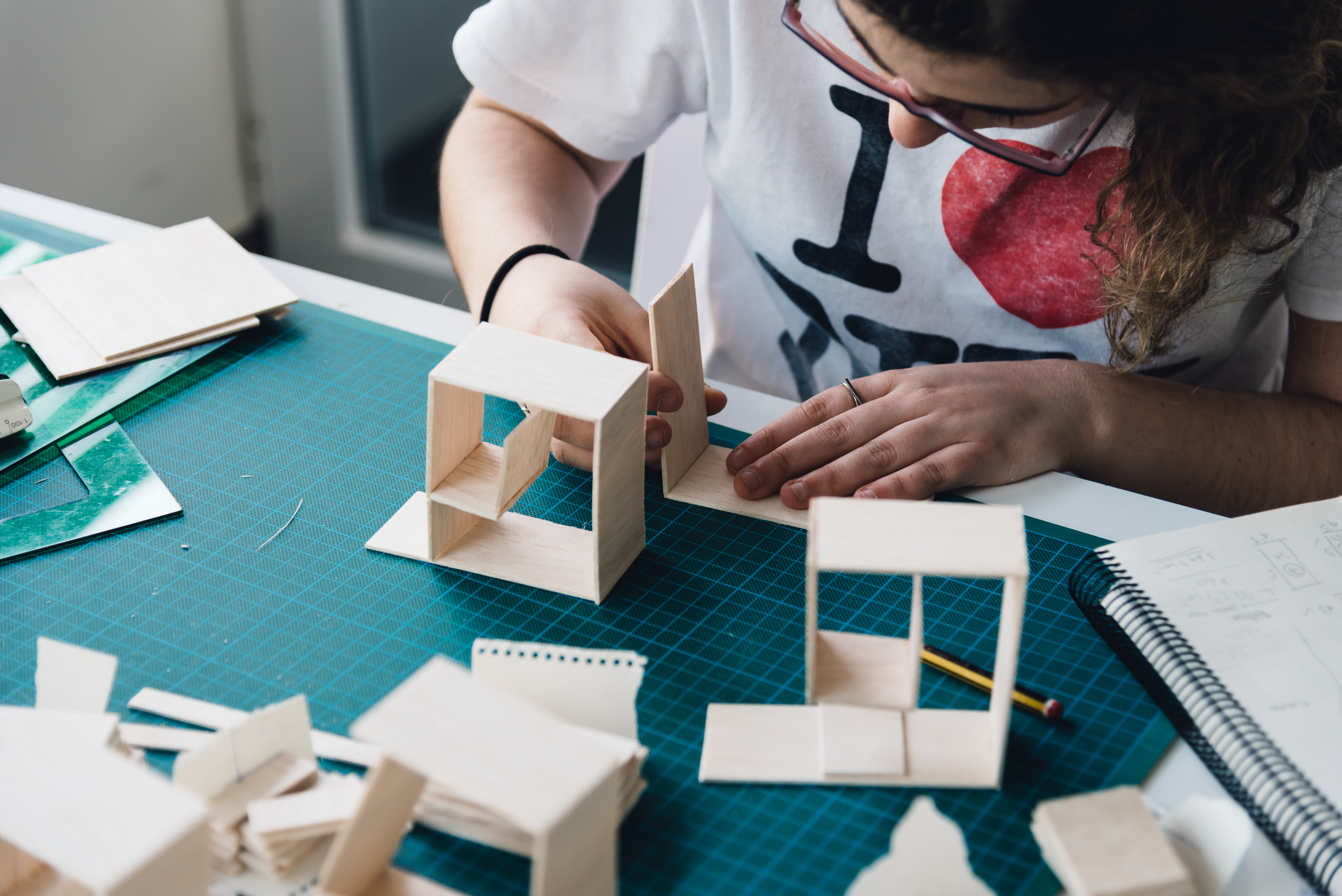
Submission Overview
All submissions are required to include the following:
- A total of three (3) proposed design typologies for reimagined transit stops in Flagstaff, Phoenix, and Tucson.
- Provide one design typology per city.
- Each typology should respond to the unique environmental, social, and economic conditions of the city in which it will be located.
- One (1) site-specific design proposal illustrating how an existing transit stop can be retrofitted to accommodate one of the proposed typologies.
- Select an existing transit stop in either Flagstaff, Phoenix, or Tucson.
- Demonstrate how the environmental resilience of the selected stop can be improved by applying the appropriate design typology for that city.
- Pro tip: include areas surrounding the selected stop in your design proposal.
Submission Requirements
Complete submissions must include two (2) Design Boards, each in the 24” x 36” format (either landscape or portrait orientation).
Incomplete submissions will not be judged.
Submissions should provide enough detailed information to enable the jury to evaluate submissions based on the criteria listed in the Judging Process & Criteria section of this document/website.
The design boards shall:
- Use high-quality and informative graphics to communicate design ideas with limited text.
- Include the participant’s registration number in the upper righthand corner of each board.
- Include a problem statement identifying and describing issues related to extreme heat, environmental resilience, and transit infrastructure in Arizona.
- Include a design statement identifying and describing project goals and desired outcomes.
- Describe and assess (city-wide scale) the existing environmental, social, and economic conditions and future challenges for the cities of Flagstaff, Phoenix, and Tucson.
- Include three (3) proposed design typologies for reimagined transit stops in Flagstaff, Phoenix, and Tucson.
- Propose one new design typology per city
- The type and number of graphics used to communicate design intent for each typology are to be determined by participants.
- Design typology graphics should clearly communicate the intent, function, and aesthetics of each proposed typology.
- Describe and assess the existing conditions (at a site-specific scale) that directly impact the transit stop selected for detailed design.
- Include one (1) site-specific design proposal illustrating how an existing transit stop in either Flagstaff, Phoenix, or Tucson can be retrofitted to accommodate proposed typology.
- Provide one site-specific design proposal for a retrofitted transit stop.
- The type and number of graphics used to communicate design ideas are to be determined by participants.
- All graphics should clearly communicate the intent, function, and aesthetics of each proposed typologies.
- Suggested graphics to include: a site plan, cross sections or elevations, conceptual drawings, perspective illustrations, and/or graphics representing anticipated benefits or how SW-IFL generated research influences the design.
- Provide narrative and graphic descriptions that explain how data or findings from SW-IFL research projects informed the design of proposed typologies
- Be submitted in the PDF format.
- Submission instructions are provided below.
- Alternative formats will not be accepted.
Submission Instructions
Completed submissions are due by 11:59pm MST on Sunday, April 6, 2025, and should be submitted to using this link, with “[Registration Number (###)] SW-IFL Design Competition Submission” as the subject line.
Submissions must include the registration number (###) in the file names and must include the following components:
- Design Boards (two 24” x 36” boards, saved as a single PDF file named “###-Design Boards.pdf”)
- A list of names for all participants and their email addresses (saved as a separate PDF file named “###-Participant Contacts.pdf”)
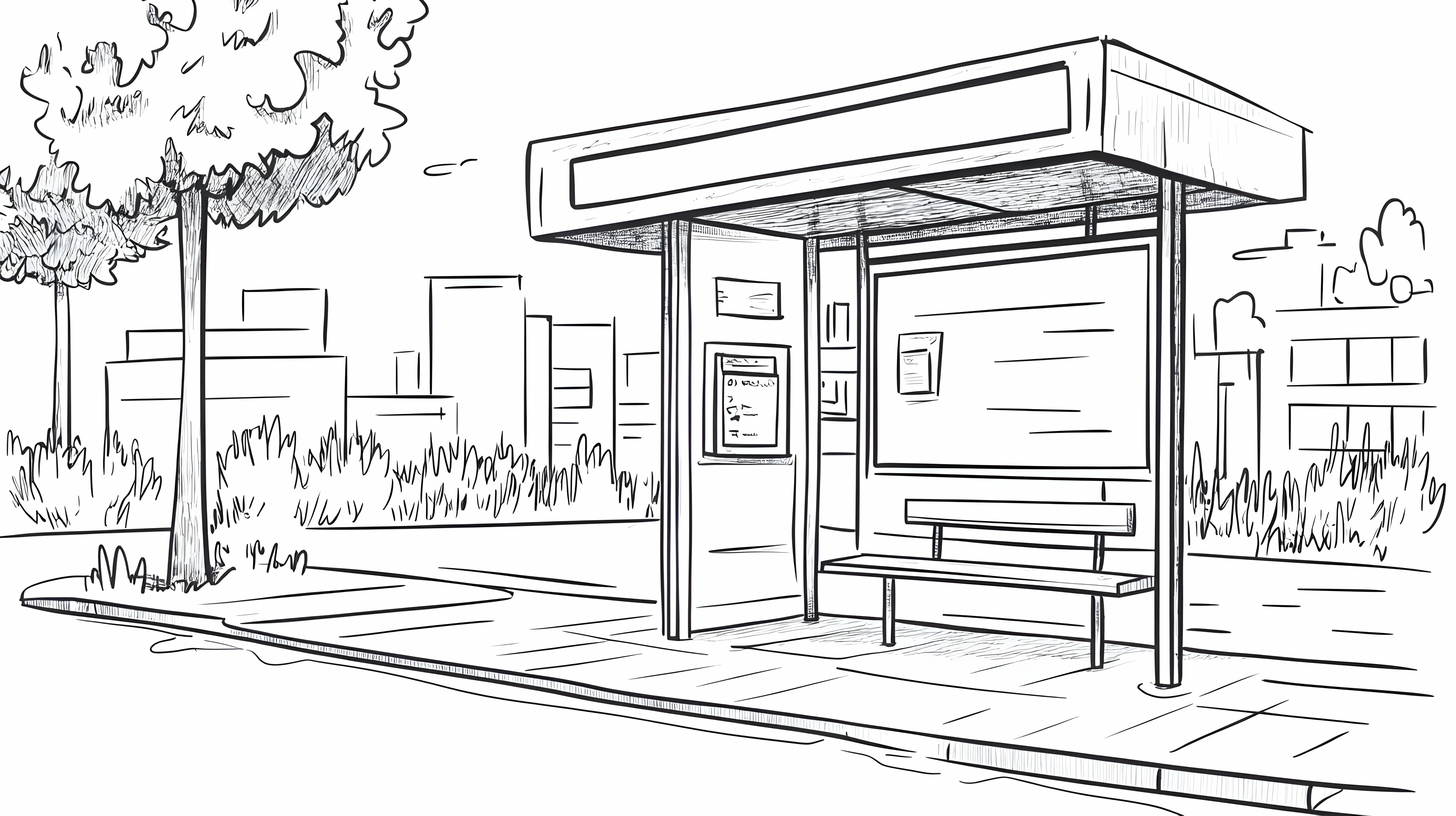
Judging Process & Criteria
Submissions will be evaluated by a jury of practitioners from architecture, landscape architecture, and engineering firms across Arizona, in addition to SW-IFL researchers.
A two-round evaluation process will be used to select the 1st Place winner an the two Honorable Mention awardees.
- Round 1: Each submission will be evaluated on a scale of 0 to 100, using the criteria below. The three submissions with the highest scores will proceed to the final review.
- Round 2: The jury will assess the overall merit of the top three submissions to select the 1st Place winner and two Honorable Mention awardees.
Successful submissions should include all submission requirements, consider the unique environmental, social, and economic conditions of Tucson, Phoenix, and Flagstaff, and address the following four domains:
- Design (30 points)
- Performance (30 points)
- Implementation (25 points)
- Communication (15 points)

Evaluation Criteria (100 points)
(30 PTS)
- Does the submission incorporate environmental-resilient design solutions that are appropriate for the unique environmental conditions and climates of each city?
- Do the proposed design solutions support accessibility for people of all ages and abilities while enhancing user experience?
- Do the proposed design solutions incorporate and complement existing features or appropriately reference the character of their locations?
- Are nature-based and environmental-resilient solutions integrated into design proposals to promote environmental sustainability and human welfare?
- Are the proposed design solutions appropriate for the types of transit they serve, and do they consider adjacent urban features or future development plans?
(30 PTS)
- Do the proposed design solutions enhance user comfort and respond to the varying environmental conditions that may occur throughout the year in Tucson, Phoenix, and Flagstaff?
- Are beneficial outcomes—such as improved stormwater management, extreme heat mitigation, increased human thermal comfort, enhanced air quality, or energy savings—quantified?
- Do the proposed design solutions align with local, regional, state, or national standards for transit design, and do they consider the constraints of the corridors in which they may be located?
(25 PTS)
- Does the submission integrate interdisciplinary perspectives and identify how they were applied in the development of design solutions?
- Does the submission incorporate SW-IFL generated data or climate science to guide decisions and provide a scientific foundation for design proposals?
- Where applicable, does the submission provide detailed drawings of novel design elements that require assembly and/or must meet regulatory specifications?
- Does the submission provide general cost estimates that offer a feasible path to implementation while considering operation and maintenance expenses over time?
- Where applicable, are modifications to the layout of rights of way based on site-specific needs—such as public safety, transit efficiency, or climate hazards—and are they justified using defensible reasoning?
(15 PTS)
- Does the submission clearly articulate the existing challenges, the project goals, and proposed solutions?
- Are the connections between proposed design solutions and SW-IFL generated data and findings effectively identified and communicated?
- Do the graphics and narrative content professionally and cohesively convey the design intent and engage the audience?
Submission Deadline
All deliverables will be submitted by 11:59 pm MST on April 6, 2025.
Jury
Wellington "Duke" Reiter

Wellington "Duke" Reiter is Special Advisor to the President of Arizona State University, focusing on higher education and sustainable urbanism initiatives. As Executive Director of the University City Exchange at ASU, he develops partnerships between the university and local communities. He founded the Ten Across (10X) initiative, studying critical U.S. issues along the Los Angeles to Jacksonville corridor. Previously, he served as Dean of ASU's College of Design, President of the School of the Art Institute of Chicago, and faculty at MIT's Department of Architecture.
Dr. Mikhail Chester
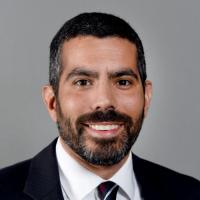
Dr. Mikhail Chester is a Professor at ASU's School of Sustainable Engineering and the Built Environment, and Director of the Metis Center for Infrastructure and Sustainable Engineering. His research focuses on understanding and improving urban infrastructure systems, particularly their environmental impacts and sustainability. He studies transportation, land use, water, and energy systems, with recent work examining infrastructure's role in extreme heat events. Dr. Chester aims to develop strategies for transitioning infrastructure to meet 21st century environmental and social needs.
Laura Mielcarek

Laura Mielcarek is a Principal Landscape Architect with over 24 years of professional experience, specializing in transportation infrastructure and public spaces. Her expertise spans interstates, streetscapes, rural parkways, and multi-use paths, with a particular focus on sustainable design solutions. As a collaborative leader, she works with multi-disciplinary teams to solve complex design challenges and engage with community stakeholders. Through her work at Wheat Design Group, Mielcarek has dedicated her career to improving public infrastructure and creating more livable communities through thoughtful landscape architecture and planning.
Resources...to get you started.
The following resources were collected to assist participants in creating the most effective designs possible. Feel free to utilize (and cite) these resources as desired.
Bus Stops | National Association of City Transportation Officials (NACTO)
Stop Types | Transit Stops | Global Street Design Guide
Geometries | Transit Facilities | Global Street Design Guide
How a Humble Bus Stop can Anchor a Whole Neighborhood | Project for Public Spaces
The following resources were collected to assist participants in creating the most effective designs possible. Feel free to utilize (and cite) these resources as desired.
Tucson
Ride Guides & Booklets | Sun Tran
Public Transportation in Tucson | Move Tucson
Sun Tran Core Bus Routes | ArcGIS
Phoenix
Station Profiles | Valley Metro
Bus Stops, Valley Metro - Maricopa County, Arizona (2020)
Bus Routes, Valley Metro - Maricopa County, Arizona (2019)
Flagstaff
We have identified several SW-IFL researchers whose work may inform transit stop design. We will coordinate with those who are interested in scheduling presentations and make any data or findings from their work accessible to participants.
Ladd Keith, University of Arizona
Kristina Currans, University of Arizona, and Davita Mueller, University of Arizona
Glossary
Able to withstand and adapt to extreme environmental changes, given current and projected future conditions.
Classifications of design elements or objects based on shared characteristics, used to analyze and compare different design approaches.
Infrastructure built to avoid failure and to be fully functional up to safety thresholds.
The actors, strategies, processes, and institutions that guide decision-making for mitigating and managing heat as a hazard.
Built systems designed to lose function in controlled ways, containing consequences even when safety thresholds are exceeded.
Visualizations that showcase the basic layout, form, and functional aspects of a concept during the early stages of the design process.
An interdisciplinary research initiative dedicated to monitoring, modeling and solution-making around environmental and social conditions within the Southwest United States.
A designated area where public transportation vehicles stop to pick up and drop off passengers.
Proactively mitigating and managing urban heat across the many systems and sectors it affects.